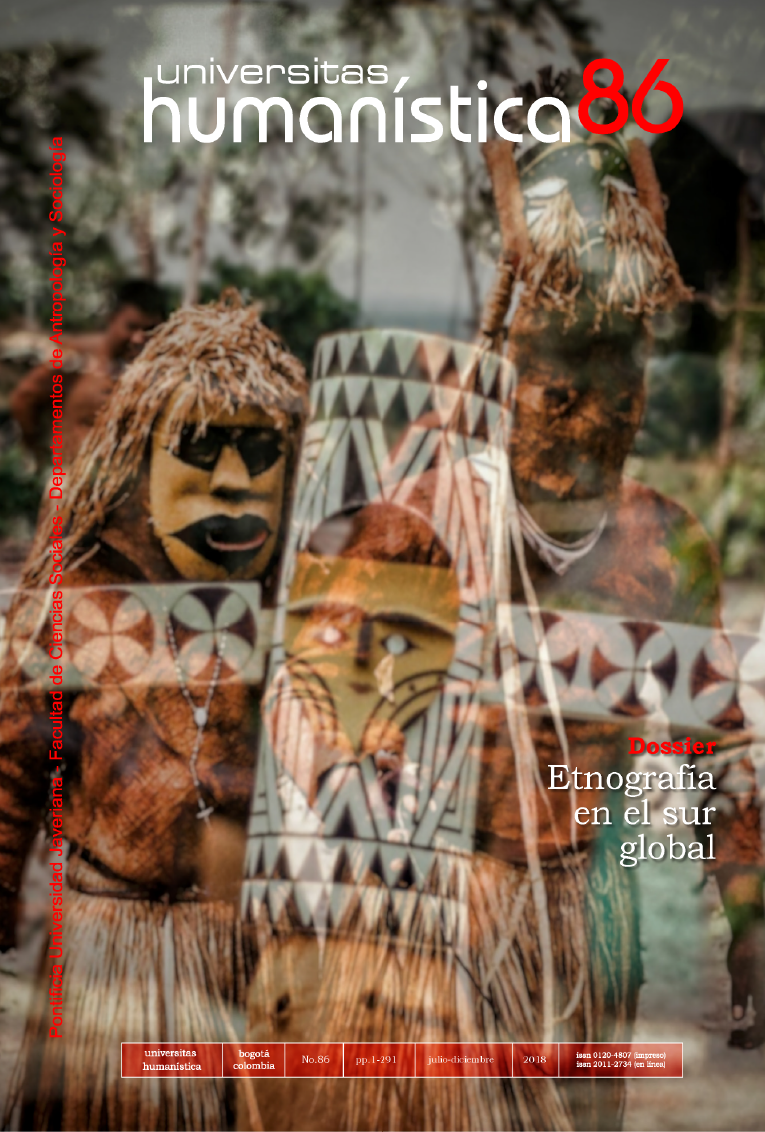Abstract
Stop Evictions 15M Granada (Andalusia-Spanish State-Southern Europe) is a movement born in 2011 that is facing the lack of housing availability for a large number of people, whose mortgaged homes are growingly being evicted. Therefore, this movement is confronting the State unwillingness to offer practical solutions to the housing problem. Focusing on Stop Evictions’s ecosystem of social action, we will share the steps we are taking to immerse ourselves in new ways of doing-inhabiting an ethnographic research based on “the common(s)”, on collaborative research and on collective knowledge production together with the housing movement. First we will begin by contextualizing the places in which we live and research, then we will discuss the “listening apparatuses” (focusing on “debate forums” and on a transmedia project) that we have set up inside the group. We conceive these experiences as part of our co-research process, in which we are attempting to decolonize the ethnographic practice mostly by: i) adopting a methodological pluriversalism, ii) placing political subjectivation processes at the heart of engaged research.

This journal provides immediate open access to its content on the principle that making research freely available to the public, encourages greater global exchange of knowledge.
The journal Universitas Humanística is registered under a Creative Commons Attribution 4.0 International Public License. Thus, this work may be reproduced, distributed, and publicly shared in digital format, as long as the names of the authors and Pontificia Universidad Javeriana are acknowledged. Others are allowed to quote, adapt, transform, auto-archive, republish, and create based on this material, for any purpose (even commercial ones), provided the authorship is duly acknowledged, a link to the original work is provided, and it is specified if changes have been made. Pontificia Universidad Javeriana does not hold the rights of published works and the authors are solely responsible for the contents of their works; they keep the moral, intellectual, privacy, and publicity rights.
Approving the intervention of the work (review, copy-editing, translation, layout) and the following outreach, are granted through an use license and not through an assignment of rights. This means the journal and Pontificia Universidad Javeriana cannot be held responsible for any ethical malpractice by the authors. As a consequence of the protection granted by the use license, the journal is not required to publish recantations or modify information already published, unless the errata stems from the editorial management process. Publishing contents in this journal does not generate royalties for contributors.



